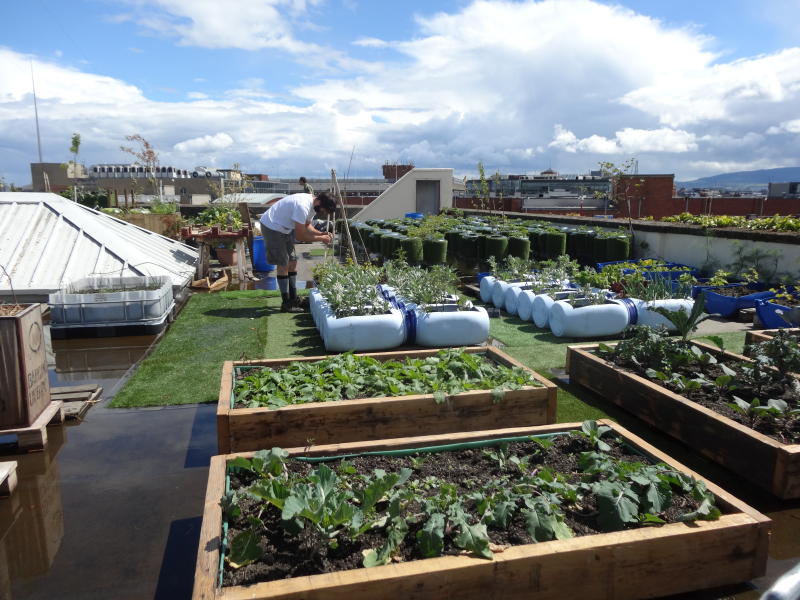×
The Standard e-Paper
Home To Bold Columnists

At the top of a three-storey building in Hong Kong, with car horns blasting on the streets below, Jim Fung teaches a dozen students how to thin out choi sum vegetables.
“Always use the resources you have,” the instructor said as he placed shredded office paper into soil-filled plastic crates and wound string around bamboo sticks to make support frames.